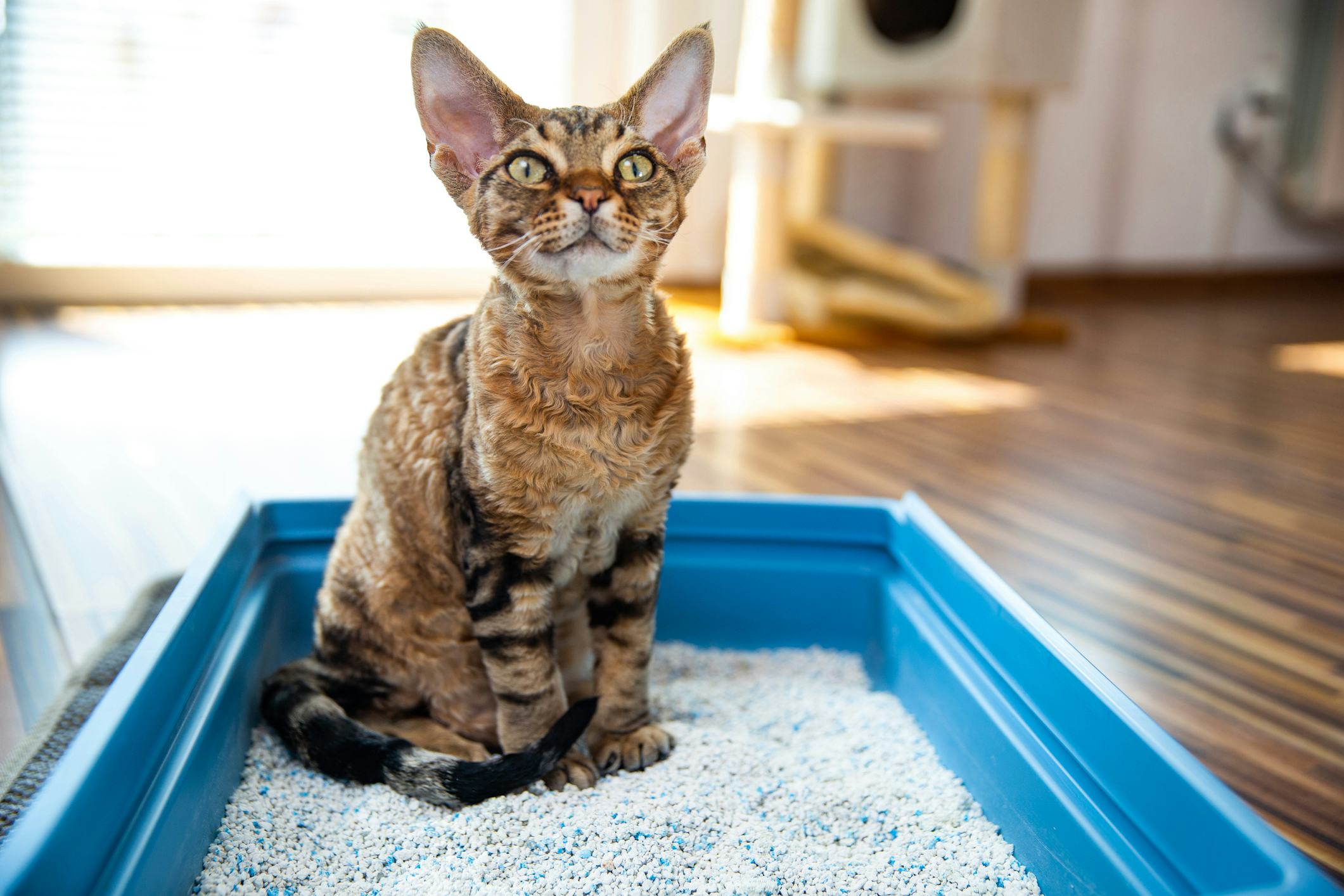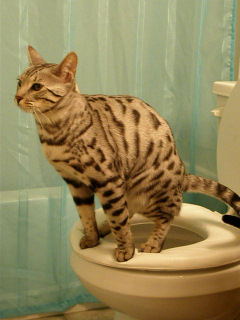Dangers of Disposing Cat Poop in Your Toilet - Precautionary Measures
Dangers of Disposing Cat Poop in Your Toilet - Precautionary Measures
Blog Article
Are you trying to find content on Don’t flush cat feces down the toilet?

Intro
As cat owners, it's necessary to bear in mind how we dispose of our feline buddies' waste. While it may seem hassle-free to flush feline poop down the toilet, this practice can have damaging consequences for both the atmosphere and human wellness.
Environmental Impact
Flushing pet cat poop presents harmful pathogens and bloodsuckers into the water system, presenting a substantial danger to water ecological communities. These impurities can negatively influence marine life and concession water quality.
Wellness Risks
In addition to ecological problems, purging pet cat waste can also posture health threats to humans. Feline feces may have Toxoplasma gondii, a bloodsucker that can cause toxoplasmosis-- a possibly serious ailment, particularly for expectant females and individuals with weakened body immune systems.
Alternatives to Flushing
The good news is, there are safer and much more liable means to deal with cat poop. Consider the following alternatives:
1. Scoop and Dispose in Trash
The most common method of taking care of feline poop is to scoop it right into a biodegradable bag and throw it in the trash. Make certain to use a specialized litter scoop and dispose of the waste quickly.
2. Use Biodegradable Litter
Go with eco-friendly feline trash made from products such as corn or wheat. These litters are environmentally friendly and can be safely taken care of in the garbage.
3. Hide in the Yard
If you have a yard, think about hiding feline waste in a marked area away from vegetable yards and water sources. Make certain to dig deep enough to stop contamination of groundwater.
4. Install a Pet Waste Disposal System
Invest in a pet waste disposal system particularly made for cat waste. These systems use enzymes to break down the waste, minimizing smell and ecological influence.
Conclusion
Responsible animal ownership extends beyond offering food and shelter-- it also involves proper waste monitoring. By avoiding purging pet cat poop down the commode and opting for alternate disposal approaches, we can decrease our environmental footprint and shield human health.
Why You Should Never Flush Cat Poop Down the Toilet
A rose by any other name might smell as sweet, but not all poop is created equal. Toilets, and our sewage systems, are designed for human excrement, not animal waste. It might seem like it couldn’t hurt to toss cat feces into the loo, but it’s not a good idea to flush cat poop in the toilet.
First and foremost, assuming your cat uses a litter box, any waste is going to have litter on it. And even the smallest amount of litter can wreak havoc on plumbing.
Over time, small amounts build up, filling up your septic system. Most litter sold today is clumping; it is made from a type of clay that hardens when it gets wet. Ever tried to scrape old clumps from the bottom of a litter box? You know just how cement-hard it can get!
Now imagine just a small clump of that stuck in your pipes. A simple de-clogger like Drano isn’t going to cut it. And that means it’s going to cost you big time to fix it.
Parasitic Contamination
Believe it or not, your healthy kitty may be harboring a nasty parasite. Only cats excrete Toxoplasma in their feces. Yet it rarely causes serious health issues in the cats that are infected. Most people will be fine too if infected. Only pregnant women and people with compromised immune systems are at risk. (If you’ve ever heard how women who are expecting are excused from litter cleaning duty, Toxoplasma is why.)
But other animals may have a problem if infected with the parasite. And human water treatment systems aren’t designed to handle it. As a result, the systems don’t remove the parasite before discharging wastewater into local waterways. Fish, shellfish, and other marine life — otters in particular — are susceptible to toxoplasma. If exposed, most will end up with brain damage and many will die.
Depending on the species of fish, they may end up on someone’s fish hook and, ultimately on someone’s dinner plate. If that someone has a chronic illness, they’re at risk.
Skip the Toilet Training
We know there are folks out there who like to toilet train their cats. And we give them props, it takes a lot of work. But thanks to the toxoplasma, it’s not a good idea.

As a devoted reader on Don’t flush cat feces down the toilet, I was thinking sharing that segment was sensible. So long as you enjoyed reading our blog entry plz remember to share it. I truly appreciate reading our article about How to Dispose of Cat Poop and Litter Without Plastic Bags.
Request An Estimate Report this page